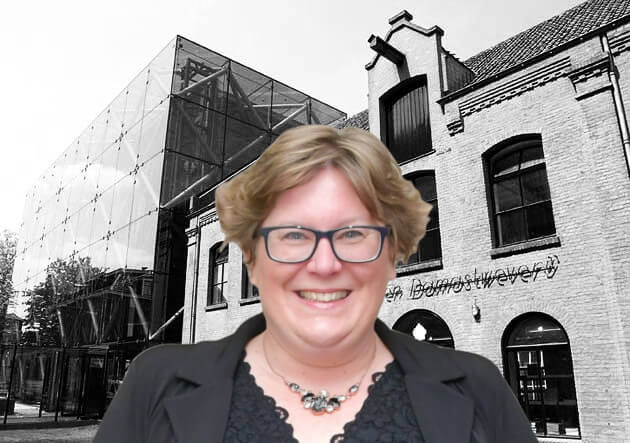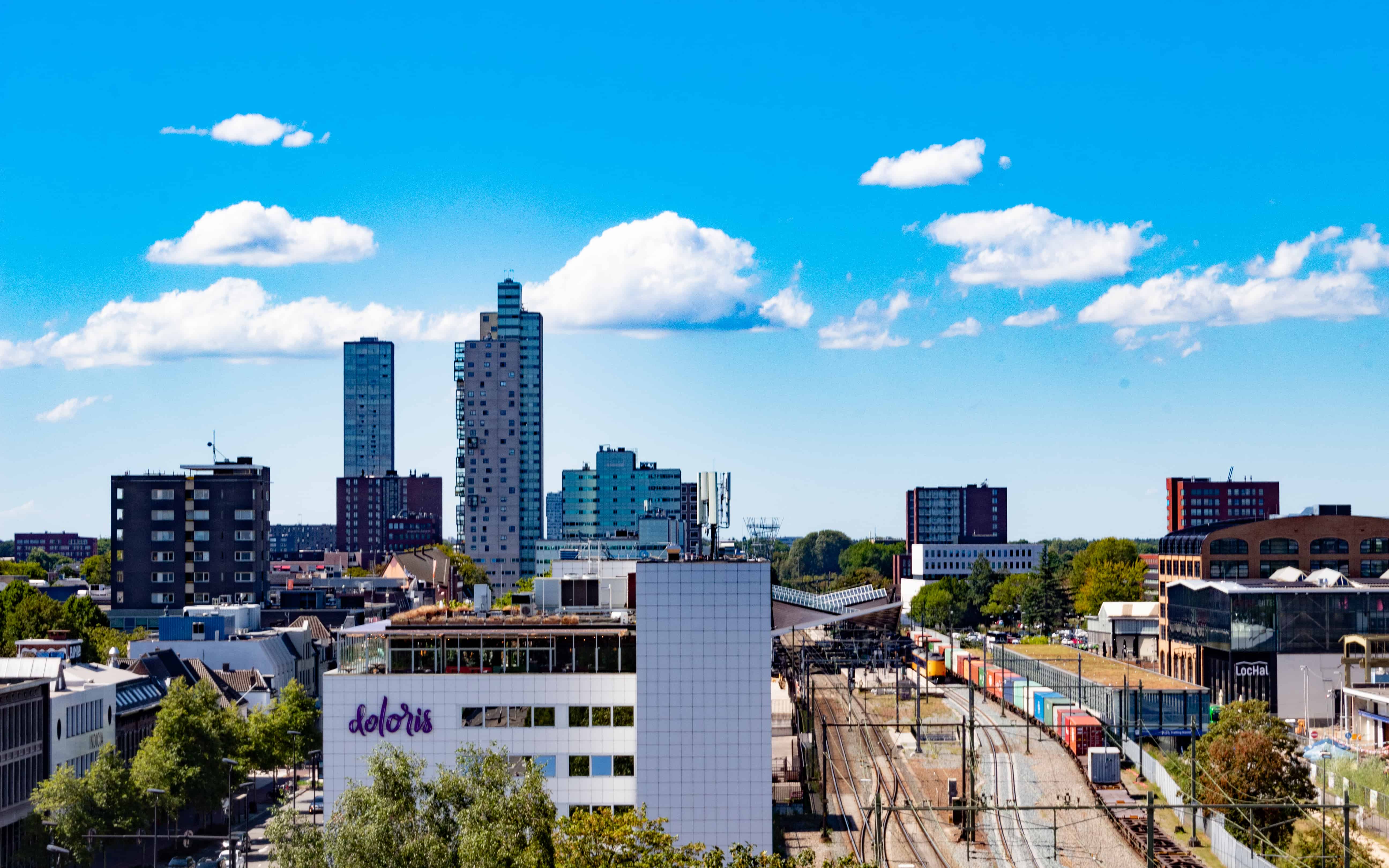
The current COVID-19 crisis has a strong moral undertone. It forces us to ask the question anew: are we doing the right things and are we doing the right things well enough? Are we setting the right priorities? For most countries, the priority is to achieve rapid economic recovery. Of course, this is not strange when you see the gloomy economic outlook on display every day. But that focus on economic recovery is concerned with the recovery of the economy of the past, not the economy of the future. One could even argue that the priority choices made by so many nations today are damaging the economy of the future.
The focus on economic recovery is concerned with the recovery of the economy of the past, not the economy of the future,
In order to shape the economy of the future, three interchangeable faculties are needed: imagination, creativity, and innovation. Science has developed a razor-sharp recipe for stimulating these three interchangeable faculties: keep stimulating the brain with new stimuli. The author Will Gompertz writes about this in his book ‘Think like an Artist’ (p. 144): “One method that has been proven to work time and again is to move. A change of scene literally changes your point of view: the disruption activates your senses, which are stimulated by the unfamiliar; you see and experience life differently.”
This disruption can be anything, from tasting a new recipe, listening to an unfamiliar musical trend, visiting a new country, or seeing extraordinary art, et cetera. The creative sector is the largest supplier of new stimuli and is therefore crucial for an economy’s mental health where those three interchangeable faculties are concerned.
New stimuli
The OECD states that COVID-19 is hitting the creative sector and the tourism sector the hardest. In other words, the most severe blows are currently being dealt out where we usually encounter new stimuli, where our imagination, creative talent, and innovative capabilities are stimulated (when traveling, at the theatre, in a museum). This puts the mental health of society under considerable pressure, all the more so at a time when we are working from home and social distancing. We are hollowing out our creative minds and they are wasting away.
So, it is not only important to save jobs in the short term, but above all to take into account the long-term benefits of a robust creative economy. This priority is not currently being set in the Netherlands. Many Dutch artists have suggested attaching aircraft wings to a theater building so that the creative sector could be given the same concessions as aviation. Of course, this is a classic example of ‘comparing apples with pears’ and every sector thinks it is entitled to its own concessions. Nonetheless, in a broader sense, it pays to put the long-term benefits of a creative economy a little more sharply into the spotlight.
Focus on long-term relationship
In his recently published article ‘The Future of Marketing‘, Roland Rust maintains that avoiding short-term decision-making is one of the most important practical implications of technological, social, and geopolitical trends nowadays. He claims that in order to survive, companies need to shift their focus from short-term transactions to long-term relationships with their clients. Incidentally, this is not a newly espoused idea, but a very important one all the same. An important idea not only for the business community but also for the government.
Especially at this point in time, the government should be focusing on building and shaping society and not on short-term political survival. Especially at this time, the government should avoid short-term decision-making as much as possible. As in: it is high time for a moral transition. A plea for a moral transition is above all a plea for a fundamentally different way of setting priorities: from short-term survival to long-term planning with those two crucial questions firmly in mind: ‘Am I doing the right things, and am I doing the right things well enough? You can apply these key questions to many issues: sustainability, the division between rich and poor, or, as I do here, the creative economy.
The call for a moral transition is not new either. This call has already been made several times before in relation to the rise of the tech giants and the platform economy. Douglas Rushkoff states in his inspiring TED-talk: “It’s a matter of retrieving the values that we’re in danger of leaving behind and then embedding them in the digital infrastructure for the future … It means creating an economy that doesn’t favor a platform monopoly that wants to extract all the value out of people and places, but one that promotes the circulation of value through a community and that enables us to establish platform cooperatives that distribute ownership as wide as possible. It means building platforms that don’t repress our creativity and novelty in the name of prediction, but actually promote creativity and novelty so that we can come up with some of the solutions to actually get us out of the mess that we’re in.“
This call should not be relegated to the background during the corona storm; on the contrary, it is even more urgent than ever! We survive as a society by actually abandoning the political survival mode and simply asking ourselves the right questions: are we doing the right things and are we doing the right things well enough?
About this column
In a weekly column, alternately written by Hans Helsloot, Eveline van Zeeland, Jan Wouters, Katleen Gabriels, Mary Fiers, Peter de Kock, Tessie Hartjes and Auke Hoekstra, Innovation Origins tries to find out what the future will look like. These columnists, occasionally supplemented with guest bloggers, are all working in their own way on solutions for the problems of our time. So tomorrow will be good. Here are all the previous IO articles in this series.








